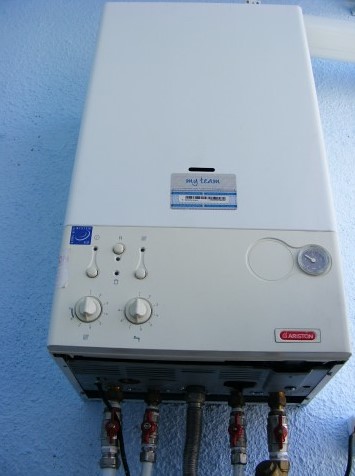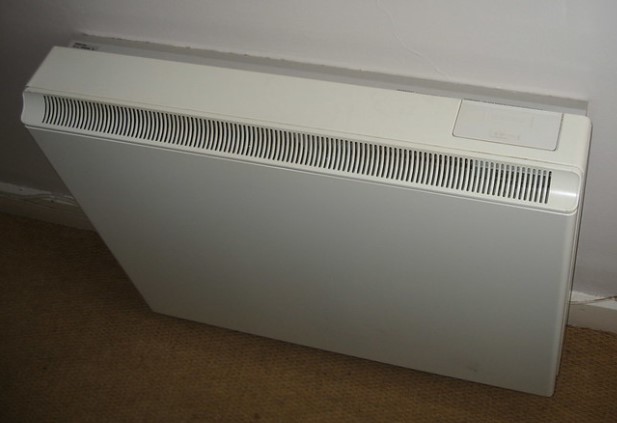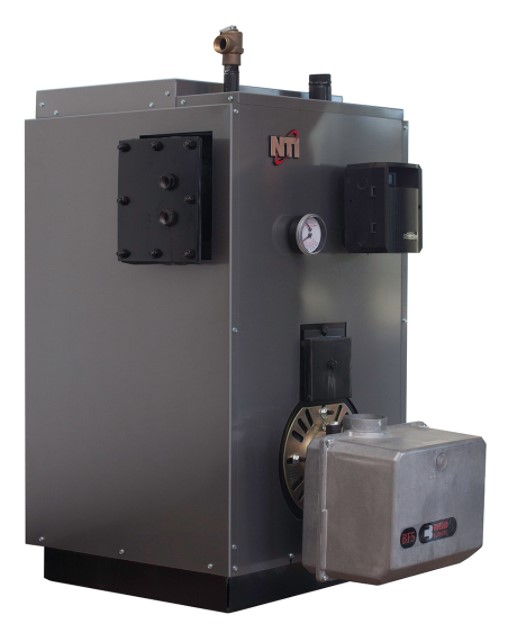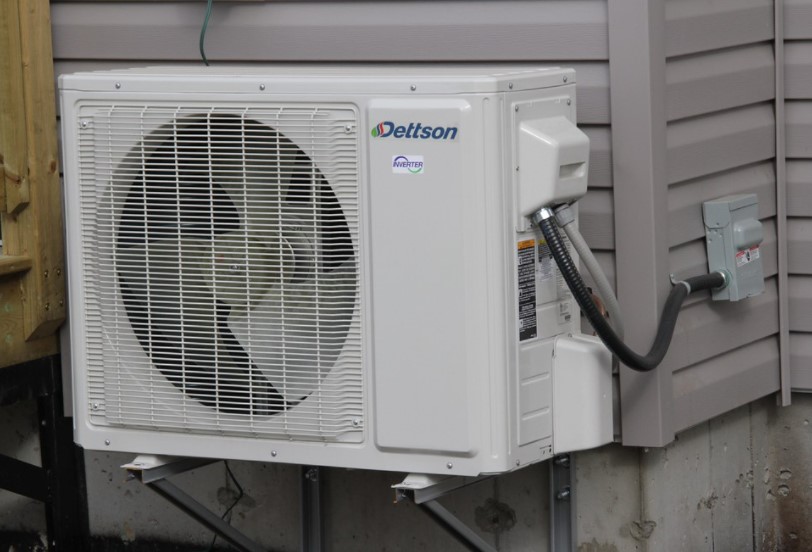Central heating systems are a must if you live in a cold climate. But which type is best? The answer depends on your home and the size of your family. There are four main types: electric, gas, oil-fired, and heat-pump (or air conditioner). Each one has its own advantages and disadvantages. Find out what's right for you by reading this article!
Contents
Central heating is when warmth is produced and distributed evenly throughout a house or building using ducts in the walls and ceilings. As mentioned above, there are different types of central heating systems which you can choose from depending on what type of fuel they use - gas, oil, electricity or solar power! Most people go for options like hydronic radiators where water is heated by an electric element then passed around pipes under floors to create heat; but if you're looking for something more environmentally friendly there's also gas.
Gas central heating is most commonly used in homes with a gas supply and requires a Gas Safe registered gas engineer. It's also the cheapest option to run, but will cost more upfront. With gas central heating, there is a continuous supply of gas to your boiler, which is then used to heat up water. The hot water heats the radiators in your home and you feel warm air coming out of them.
The main disadvantage of gas central heating is that it's more vulnerable to power cuts. If your boiler is on a cellar level, for example, it can't be switched off if the power cuts out. You'll need to use an alternative form of heating (such as electric or oil) which is much better suited for areas with damp issues and hope that you have enough fuel in reserve to last while waiting for the gas supply to be restored.

Electric central heating relies on electric power rather than natural gas or other fuels like coal or wood to generate warmth throughout the house. While electric may be one of the cheaper options to install and maintain, it can't provide as much heat as other systems because so little waste heat is generated. If you don’t want any electricity running through your house (i.e., if you have an old wiring system), this might not be for you either!
The disadvantage of this type of system is that it needs to be connected to the grid, so if there's a power outage you'll need an emergency generator or gas-fired system.

Oil-fired central heating has been around longer than gas and electric models - unsurprisingly given how expensive oil prices are at present - making it popular in older houses or those where accessibility is limited to downstairs only.
Oil-fired central heating uses oil as fuel for a boiler that generates warmth throughout the house. It doesn't require an annual maintenance plan but there are safety concerns with using oil instead of gas - if something goes wrong with the system, it could be very dangerous or fatal!
The downside to an oil-fired system is that it's one of the most expensive types of heating and requires more maintenance than any other.

Heat-pump central heating is another great option for those with limited access to gas and electric - it uses electricity, so you'll need an electrical supply in the home. It's environmentally friendly too because it doesn't use fuel, just heat from your own house! It works by transferring heat from the outside air to your house. As the heat warms up the air, it passes directly through to your home without any heat loss.

A radiant heat system is one of the most popular types of central heating - it warms up water and pipes in a closed circuit, then radiates warmth through a radiator or underfloor heating. It usually provides high-quality comfort for homes with open floor plans but will take up more space than other systems because you'll need access to electricity nearby too!
A hydronics radiator is the most common form of central heating and can be used in homes with either gas or electric supplies. It works by drawing water from a tank on your boiler, which then heats up as hot air passes over it much the same as the newer type of wood stove boilers that use a wet system. This warm air travels through pipes under your floorboards into other rooms in your house – you'll feel heat coming out of them when they're turned on. You don't have to worry about electricity going off because there are no electrical elements involved; so if anything does happen to go wrong all you need to do is switch off the system at the mains supply and call a plumber for an instant fix!
The only disadvantage here would be that hydronics radiators don't work so well in warmer climates, as the hot water can't store energy for use later on.
Central heating systems are also great for preventing damp in the home. Read our article: Should You Buy a House With Known Damp Issues?